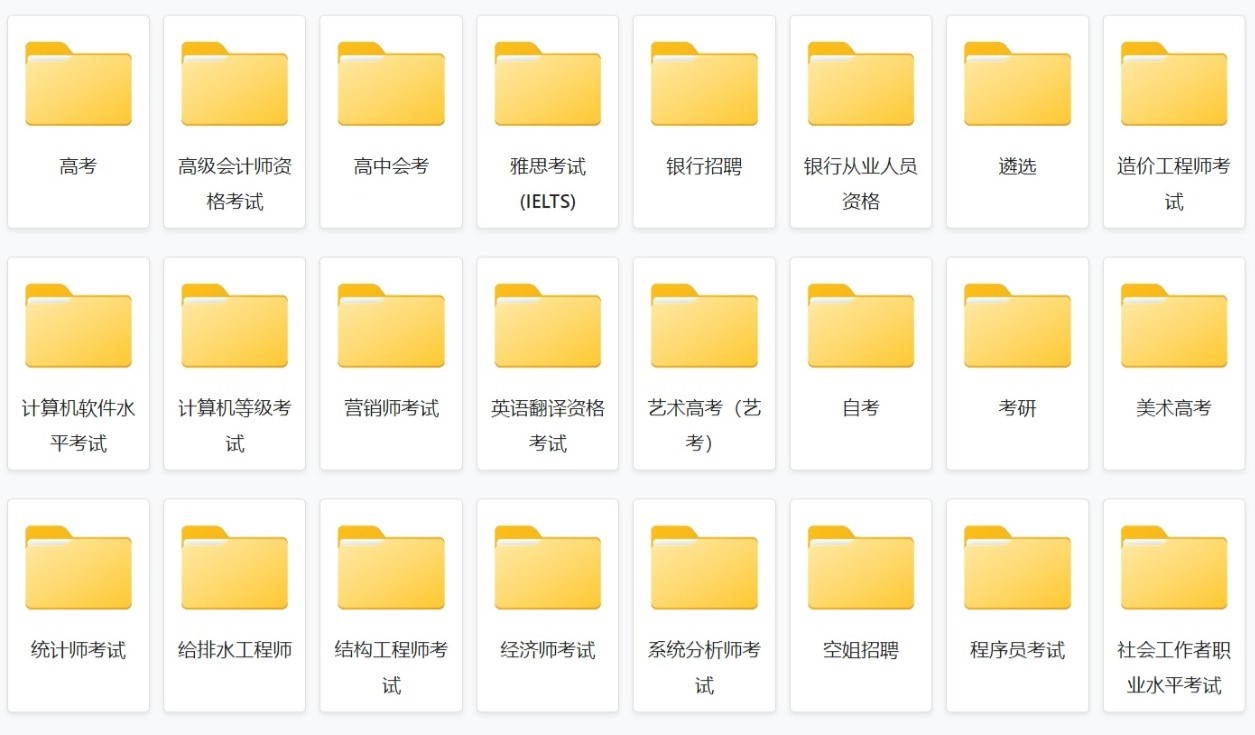如何在Python中生成可复制(带有种子)的随机UUID
Python模块的uuid4()函数uuid生成一个随机的UUID,似乎每次都生成一个不同的UUID:
In [1]: import uuid
In [2]: uuid.uuid4()
Out[2]: UUID('f6c9ad6c-eea0-4049-a7c5-56253bc3e9c0')
In [3]: uuid.uuid4()
Out[3]: UUID('2fc1b6f9-9052-4564-9be0-777e790af58f')
我希望能够在每次运行脚本时生成相同的随机UUID,也就是说,我想在中植入随机生成器uuid4()。有没有办法做到这一点?(或通过其他方式实现这一目标)?
到目前为止我尝试过的
我必须使用该uuid.UUID()方法生成UUID,并使用一个随机的128位整数(来自的种子实例random.Random())作为输入:
import uuid
import random
rd = random.Random()
rd.seed(0)
uuid.UUID(rd.getrandbits(128))
但是,UUID()似乎不接受此作为输入:
Traceback (most recent call last):
File "uuid_gen_seed.py", line 6, in <module>
uuid.UUID(rd.getrandbits(128))
File "/usr/lib/python2.7/uuid.py", line 133, in __init__
hex = hex.replace('urn:', '').replace('uuid:', '')
AttributeError: 'long' object has no attribute 'replace'
还有其他建议吗?
-
差不多好了:
uuid.UUID(int=rd.getrandbits(128))这是在以下帮助下确定的
help:>>> help(uuid.UUID.__init__) Help on method __init__ in module uuid: __init__(self, hex=None, bytes=None, bytes_le=None, fields=None, int=None, version=None) unbound uuid.UUID method Create a UUID from either a string of 32 hexadecimal digits, a string of 16 bytes as the 'bytes' argument, a string of 16 bytes in little-endian order as the 'bytes_le' argument, a tuple of six integers (32-bit time_low, 16-bit time_mid, 16-bit time_hi_version, 8-bit clock_seq_hi_variant, 8-bit clock_seq_low, 48-bit node) as the 'fields' argument, or a single 128-bit integer as the 'int' argument. When a string of hex digits is given, curly braces, hyphens, and a URN prefix are all optional. For example, these expressions all yield the same UUID: UUID('{12345678-1234-5678-1234-567812345678}') UUID('12345678123456781234567812345678') UUID('urn:uuid:12345678-1234-5678-1234-567812345678') UUID(bytes='\x12\x34\x56\x78'*4) UUID(bytes_le='\x78\x56\x34\x12\x34\x12\x78\x56' + '\x12\x34\x56\x78\x12\x34\x56\x78') UUID(fields=(0x12345678, 0x1234, 0x5678, 0x12, 0x34, 0x567812345678)) UUID(int=0x12345678123456781234567812345678) Exactly one of 'hex', 'bytes', 'bytes_le', 'fields', or 'int' must be given. The 'version' argument is optional; if given, the resulting UUID will have its variant and version set according to RFC 4122, overriding the given 'hex', 'bytes', 'bytes_le', 'fields', or 'int'.

